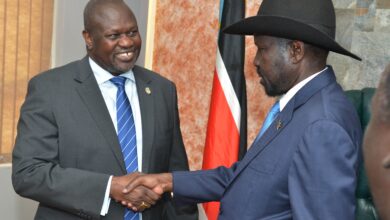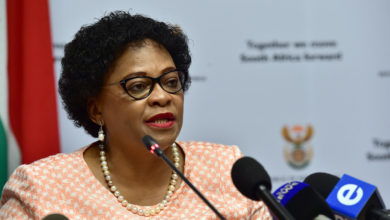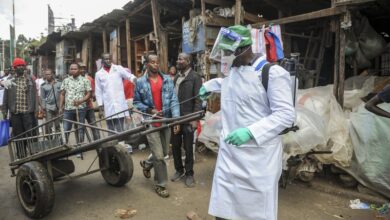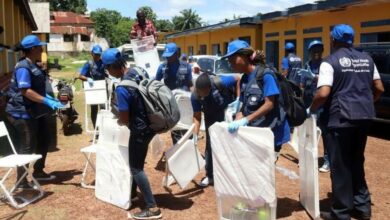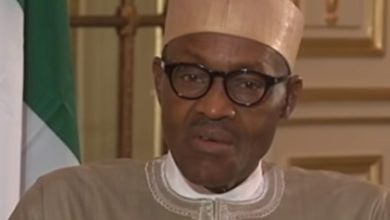
The World Health Organization (WHO) on Thursday warned that Africa is in danger of being left behind in getting access to COVID-19 vaccines as other countries around the world are striking bilateral deals with vaccine manufacturers, thus boosting up prices, reported The UN News.
“We first, not me first, is the only way to end the pandemic. Vaccine hoarding will only prolong the ordeal and delay Africa’s recovery,” said Dr. Matshidiso Moeti, WHO Regional Director for Africa, in a statement. “It is deeply unjust that the most vulnerable Africans are forced to wait for vaccines while lower-risk groups in rich countries are made safe.”
Mr. Moeti said that health workers and vulnerable people in Africa must get urgent access to safe and effective COVID-19 vaccines.
According to the statement, African nations are on average 42% ready for mass vaccination campaigns. It added that there is still a long way to reach the benchmark of 80%.
As of this week, 40 million doses have been administered in 50 mostly high-income countries. Guinea is the only low-income nation to provide vaccines to 25 people. Seychelles, which is a high-income country, is the only one on the African continent to launch a national vaccination campaign.
According to the WHO’s latest figures, COVID-19 has claimed the lives of nearly 82,000 people across the region. Over 3.3 million have been infected so far and 2.7 million have recovered.
The COVAX initiative, established to ensure all countries have equal access to coronavirus vaccines, has raised $6 billion in pledges but needs an additional $2.8 billion in 2021, according to the WHO.
The initiative is committed to vaccinating at least 20 percent of the population in Africa by the end of this year. Priority will be given to health workers and other vulnerable groups, such as older persons and those with pre-existing health conditions.


